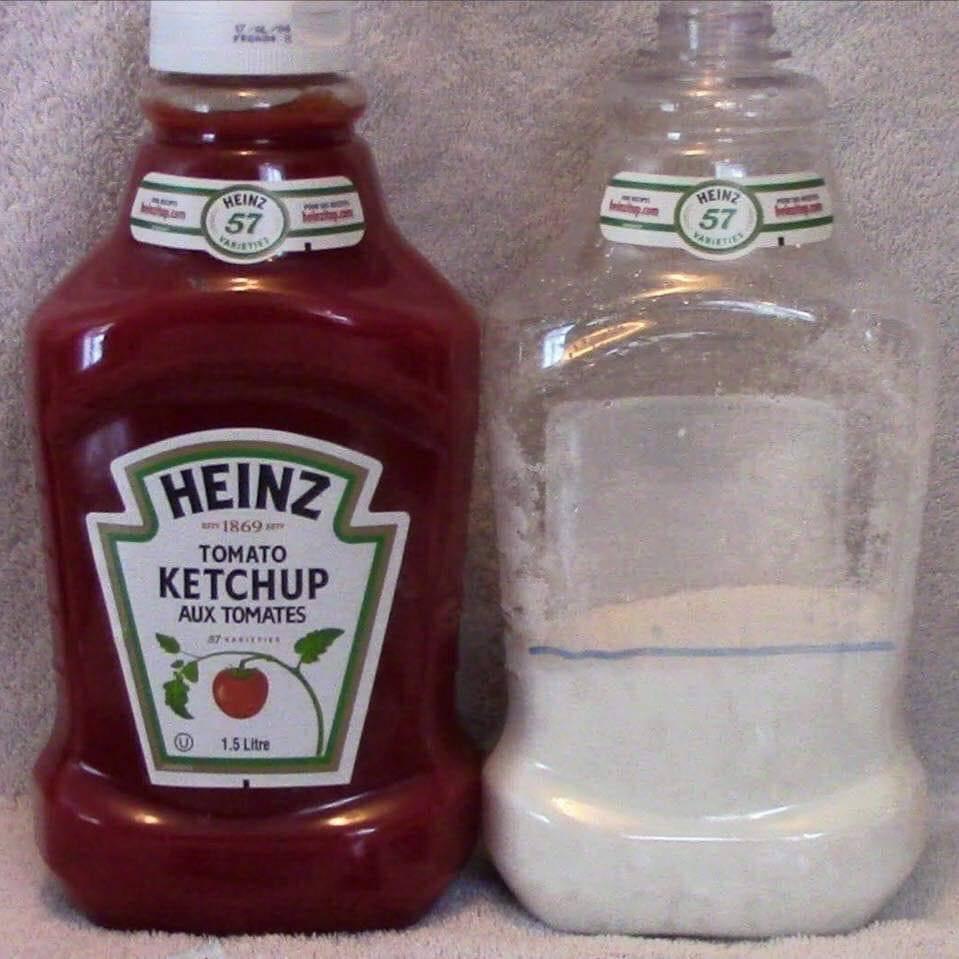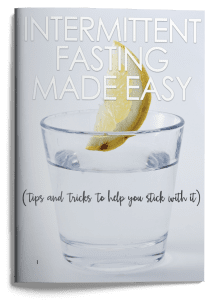Sugar is the Devil

Sugar is the devil and I will tell you why.
Not only am I extremely passionate about this topic, but I have done countless hours of research to validate my concerns.
Sugar is the leading cause of a variety of illnesses including Type 2 diabetes, cancer, fatty liver, and many other health risks.
It contributes to cellular aging, acne, depression, brain fog, weight gain and heart disease. No matter which way you look at it, sugar isn’t good for you. What makes avoiding it so difficult is that it is often found where you least expect it.
Sure, you may not add sugar to your morning tea or coffee, but have you considered that it is in foods like peanut butter, salad dressing, fruit juices, breakfast cereals, marinara sauce, and even meat? Almost all processed foods are packed with sugar. Your body can only utilize a certain amount for energy and beyond that, insulin (a storage hormone) steps in and stores the rest as fat.
Hidden sugars are the worst culprit because you cannot reduce or avoid them if you are unaware that they are there.
Much of our health is based on the choices we make, but we need to make sure that we are making informed choices. Certainly, some sugars are unavoidable as there are naturally occurring sugars in fruits and vegetables, for example.
The most harmful sugars are in fact the unnatural ones. Sucralose, for example, is like rat poison to our bodies. We might think that we are eating healthy, exercising well, and at the same time, counteracting all of our hard work and dedication with fake sugars.
Prevention is more important than ever, and avoiding sugar is a key factor to this.
Sugar provides energy (calories) but has no nutritional value on its own. For the most part, it is added to processed foods to enhance flavor, color, and shelf-life. There are a variety of forms of sugar, but they are often grouped together on food labels to help determine the total amount of sugar.
As a rule of thumb, if sugar is listed as the first or second ingredient on a food label, that means it is there in high concentration and that’s not good!
One can of Coke, for example, contains about 10 teaspoons of sugar.
I was blown away when I found out that just one teaspoon of sugar inhibits your white blood cells from doing their job for approximately three hours. Your white blood cells protect your body against infectious disease and foreign invaders. Just one can of Coca-Cola, or other soft drinks, will have you tapped out for the better part of a day. And people are wondering why they are sick and tired all the time.
Sugar is not only the root of many health issues but is extremely counterproductive when it comes to weight loss.
Artificial sugars even trick your body into storing fat. When trying to maintain a healthy lifestyle, it is nearly impossible when sugar is involved. The good news is that the research is out there, and you don’t have to look far for endless information on healthy and tasty substitutes for sugar and artificial sweeteners.
There are many conscious manufacturers who are using Stevia, erythritol, xylitol and monk fruit. All of which satisfy your sweet tooth without compromising your health.
Incorporating ways to reduce sugar in your diet is crucial and may be easier than you think.
Firstly, it is important not to drink your calories. Avoid sugary drinks and drink water, tea or coffee (iced or hot) instead. If you are looking for additional flavor, you can add in sliced fruits or fresh mint, for example. Avoid soda, fruit juice, and fancy hot drinks – they contain more sugar than you could ever imagine.
The next course of action would be to eat raw foods or foods as close as possible to their natural state. For example, fresh vegetables, berries, poultry and fish, beans, lentils or tofu, brown rice, plain yogurt and cheeses. The more processed a food, the worse it is for you.
Next, choose wisely when it comes to snacks. Stock up on raw or roasted nuts, almond butter and apples, cheese and crackers, veggies with hummus or dip, and with fresh fruit. Reduce the amount of baked goods, sweet desserts, candies, and chocolates that you eat. Why not indulge in a square of dark chocolate that has antioxidants and tastes great?
Most importantly, read the Nutrition Facts on all packaged foods. Check both sugars and carbohydrates. Carbohydrates convert very quickly to sugar in the body and can create a spike in insulin. Note the grams and the ingredient deck percentage. I personally look for 2 grams of sugar or less (preferably 0).
Be alert to the code words that are often used for sugar.
Avoid or minimize glucose, fructose, sucrose, honey, evaporated cane juice, fruit puree, molasses, corn syrup, dextrose, and concentrated fruit juice.
Sugar truly is a danger to our health, and it is crucial to reduce and avoid it as much as possible. Pay special attention to hidden sugars and always, always read the labels.





0 Comments